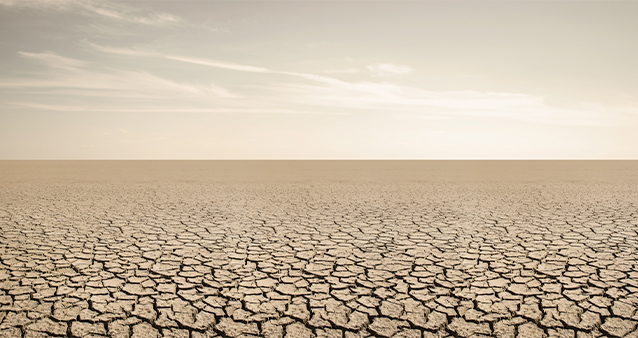Is Your Insurance Cover Ready for Climate Change?

As climate change brings more cases of extreme weather, will your home insurance cover weather the storm?
Flooding, drought, hailstorms, coastal winds. The effects of global warming and climate change are posing an increasing risk to our homes as extreme weather patterns become more... well, extreme. In fact, 29% of South African insurance company CEOs see climate change as the biggest threat to growth.
That's according to KPMG's 2021 South African Insurance Industry Survey for which 40 non-life insurers, 21 life insurers and seven reinsurers were sampled. The survey reflects on the 2020 financial year results generated by the insurance sector as the country continues to adapt to the Covid-19 pandemic, as well as other worldwide challenges.
According to the survey, South African insurance stakeholders are demanding increased reporting and transparency on environmental, social and governance issues and risk. Environmental concerns are especially prevalent since there's been an increase in both the frequency and severity of weather-related property losses.
But how will the effects of climate change actually impact your insurance cover? And how can you make sure you're protected against climate catastrophes?
How Climate Change Impacts Insurance
Environmental risk factors have long been an insurance consideration, with actuaries assessing weather-related risks including floods, hurricanes, earthquakes and even weather challenges posed to agricultural activity. It all comes with the territory when you're in the business of modelling worst-case scenarios.
While many of these extreme weather phenomena, like hurricanes, are not prevalent in South Africa, we're far from immune to the elements. Every year brings floods, storms and hailstones the size of golf balls.
"These types of events may have further impacts to life and health claims as well as impact insurers' operations due to physical and people risks," reports the South African Insurance Industry Survey. "Under such scenarios, global markets via interest rate changes and company financial performance, may then also be adversely impacted leading to further risks manifesting and insured events being triggered."
And while there's a difference between weather (one sunny afternoon or a bout of rainy days) and climate (many hot days or an increase in flooding, in a specific region, over a long period of time), there are some similarities - from an insurance point of view - between the short-term picture and the long-term trend.
"Environmental risks and events are not new to insurers," the KPMG report notes. Their quantification has always been on the radar of actuaries working particularly in non-life insurance fields through, for example, pricing and reserving for extreme weather-related events such as hurricane, earthquake, wildfire and flood damages, or even crop and weather or rainfall index type products."
Protecting Your Property
So how do you protect your property from the elements and ensure that you're covered for weather-related damage or losses?
First, check the fine print on your building insurance to see how much coverage it offers for weather-related losses. Roofs, windows, doors and garages are known points of weakness when it comes to weather damage. If they're in need of maintenance, be proactive in doing the necessary checks and repairs and installing extra protection like storm shutters on windows and sliding glass doors long before a rain or windstorm strikes.
Make sure that no trees are too close to your home and if they are, consider having them chopped down. Just how close is too close? Experts advise ensuring the tree is farther away from your home than its height when fully grown.
When a storm is approaching, assess risks inside and outside your property. Close and lock windows and doors, seal entrances with towels to limit flooding, move valued possessions out of the line of fire and unplug electrical appliances to guard against lightning damage.
Do you know where the valve for the main water supply is? Best you find out, as you'll need to shut off the main water supply in the case of water damage. "Check your gutters and drainpipes to avoid leaves and other debris from clogging them up and damaging your home's exterior siding," suggests Lizo Mnguni, spokesperson for Old Mutual Insure.
Want the peace of mind that comes with knowing that your property is covered for weather damage – no matter how severe the weather gets? Compare Building Insurance quotes to get the best deal for your budget.
This article is for informational purposes only and should not be construed as financial, legal or medical advice.
Hippo Blog Categories

































